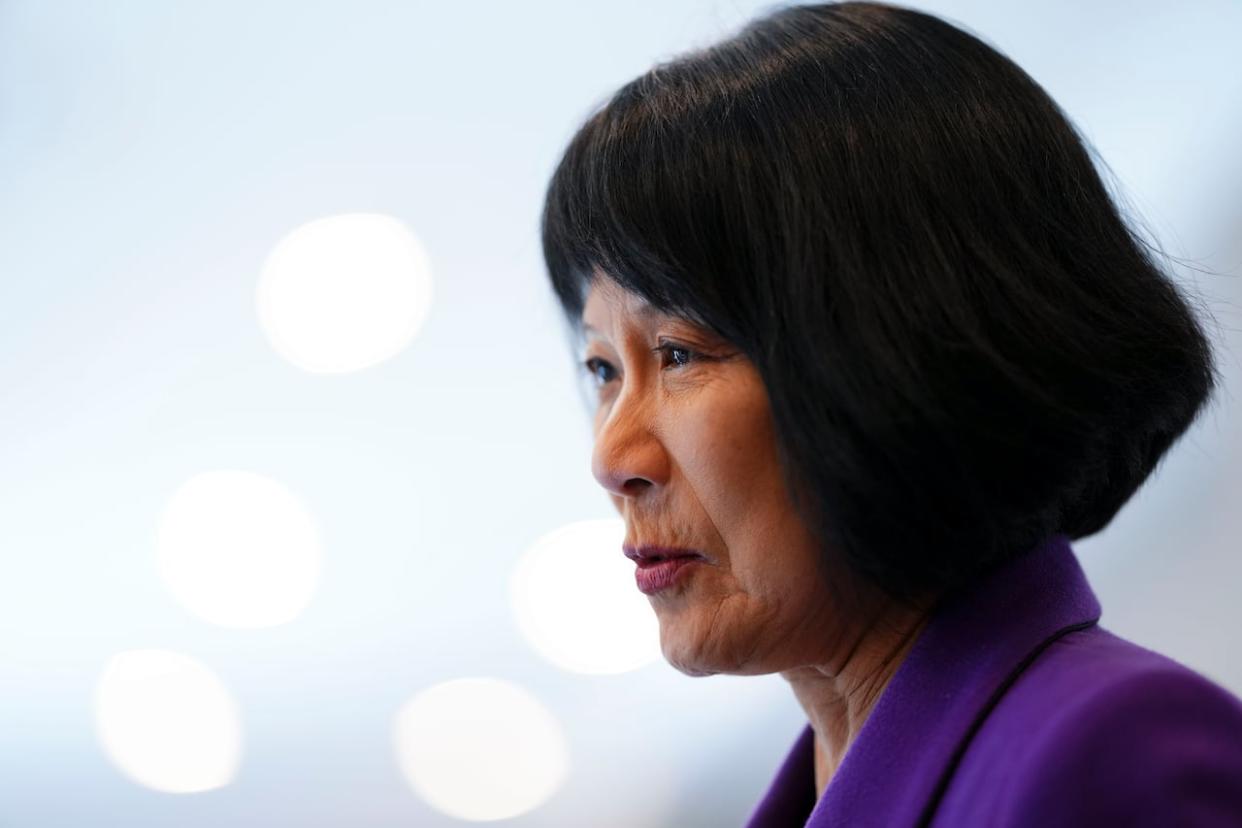Toronto's vacant home tax to continue with major revisions

Toronto's vacant home tax will continue despite a challenge from five councillors on Thursday to cancel the program, but will be significantly changed for the 2024 taxation year.
The tax, adopted in 2021, is meant to increase housing supply in Toronto by discouraging homeowners from leaving residential properties unoccupied. But its rollout has faced sharp criticism from members of the public and councillors alike.
"We screwed up," Coun. Frances Nunziata told reporters at city hall Thursday.
City staff said the council has received over 120,000 complaints, including from homeowners who said they received vacant home tax notices of assessment even though their properties were occupied last year.
Some homeowners said they filed before the March 15 deadline this year, while others said they completed the declaration in time but were still billed by the city.
Here's what you need to know about the changes:
Those who didn't declare their occupancy status by March 15 will have their late fees waived.
People who already paid the fee for the 2023 tax year will be refunded.
Toronto Mayor Olivia Chow said she will take "full responsibility" if the revamped program remains poorly designed and communicated next year.
"I inherited a deeply flawed design of a program," she said. "I'm cleaning up the mess."
About 167,000 homes in Toronto were deemed vacant after the March 15 deadline, according to a report from city staff released earlier this month. This meant over 20 per cent of all residential properties in the city were deemed vacant.
In 2023, just 11,000 homes were deemed vacant.
Planned revisions to focus on vulnerable groups
The vacant home tax overhaul will include options on how to make the reporting mechanism more user-friendly to vulnerable groups, including seniors.
"A lot of my seniors don't have computers, they didn't know what to do," said Coun. Frances Nunziata, who represents Ward 5, York South-Weston. "I had seniors calling me crying."
Nunziata said staff should have paused the program when they first realized there was a problem.
Revisions will also consider whether the program can use utility usage data, like water and hydro usage, to evaluate whether a property is vacant instead of relying on the owner opt-out.
Coun. Brad Bradford, who represents Ward 19, Beaches-East York, was one of five councillors who voted to kill the tax. He criticized the mayor's handling of the program's rollout.
"When you're the mayor, you run this ship," Bradford said.
"You need to take the time, invest the energy and have those meetings to make sure the civil service is implementing council direction accordingly."

